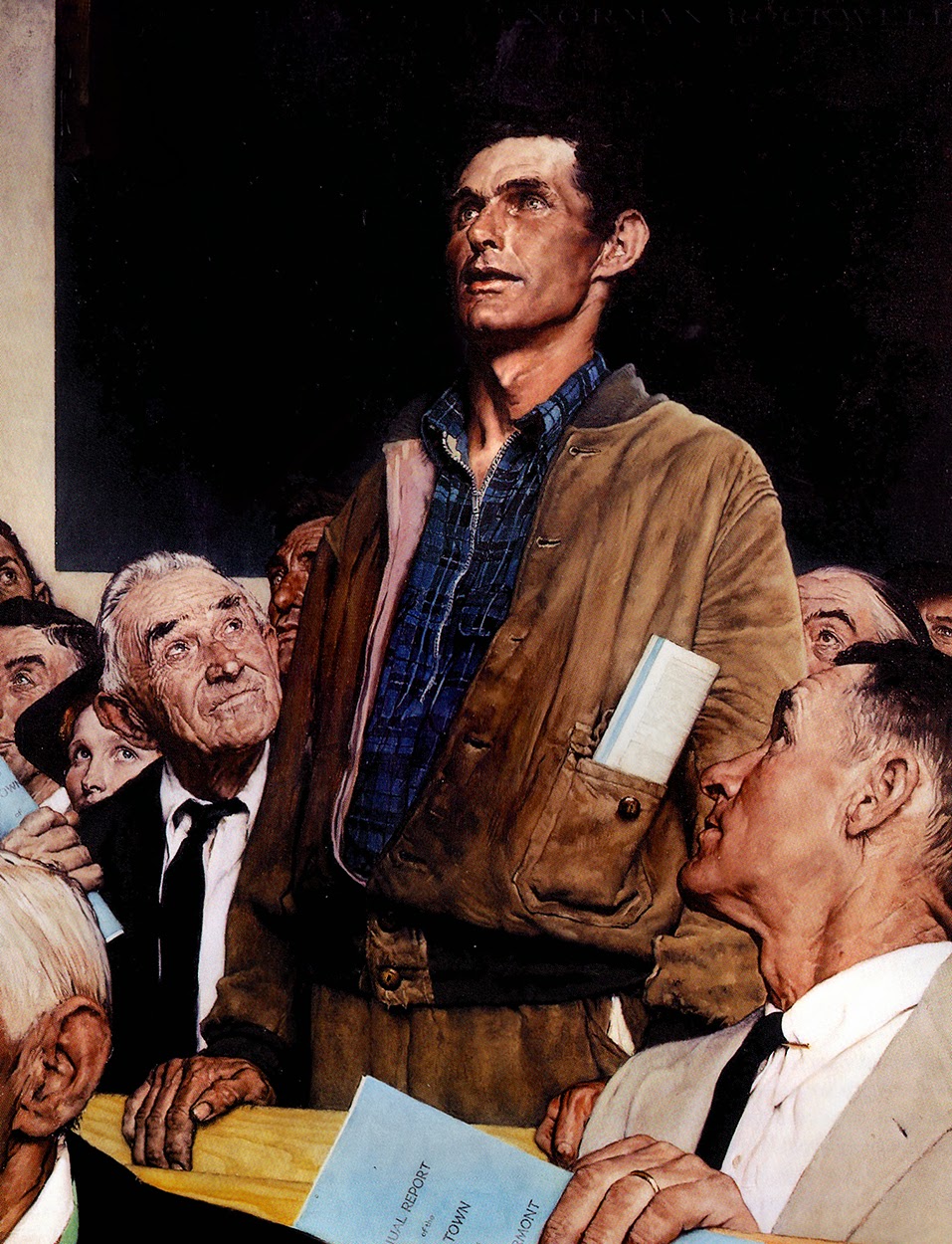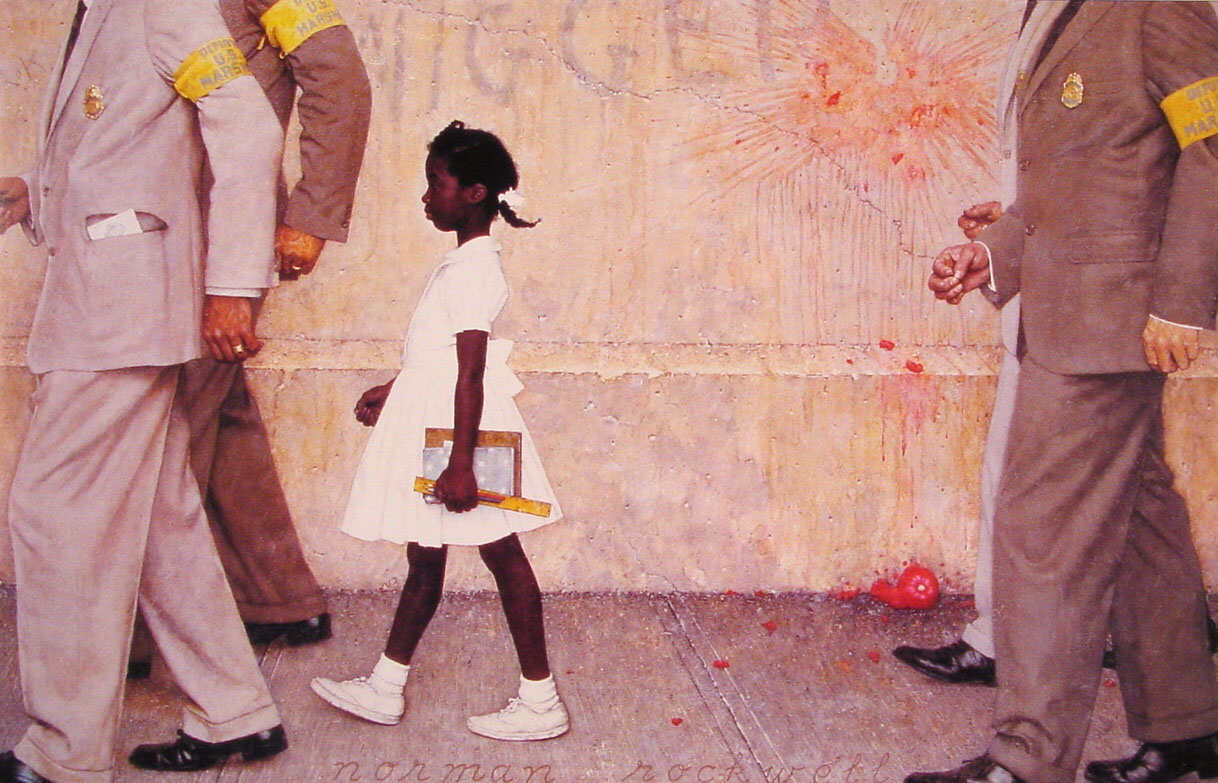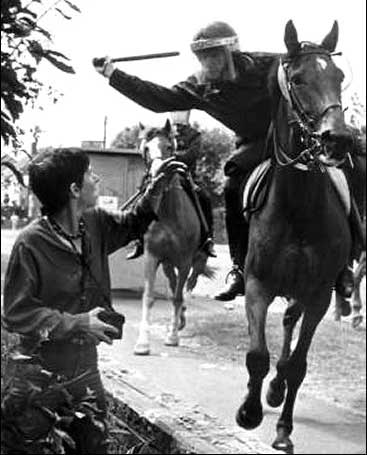This post started off as a reflection on Douglas Rushkoff (1961-) media theorist professor and author of, Survival of the Richest – The wealthy are plotting to leave us behind: https://medium.com/s/futurehuman/survival-of-the-richest-9ef6cddd0cc1
Survival of the Richest
Article summary. Rushkoff wants us to be so annoyed with the richest among us, that we will rush off (pun intended) and buy his new book!
At a certain level of income , a discussion of technology changes from a discussion of its acquisition costs, to a discussion of the opportunities it offers for professional work. For affluent people, it becomes a discussion of investment opportunities. Beyond this, the opulent seldom need to understand technology, even as an investment. Hired minions understand it and deal with its practical application. Rushkoff is a minion, who sold his soul for an hour to a group of five hedge funders.
While the article is probably just the introduction of his new book, it hints that the author may have had some moral issues with his gig. Writing the book is probably some form of self-imposed quasi-penance. Real penance would have resulted in the book being published under a Creative Commons license.
The opulent already have retreats in areas of the world less impacted by crises, be they social or climatic. They have the financial means to buy them in New Zealand or Alaska or anywhere else that suits their fancy. There will always be a discussion about the level of fortification needed, where an underground bunker is the minimum. If such a retreat is too large and extensive, there will also be a need for another class of hired minion, the mercenary, to defend it. But mercenaries are fickle, and they are only loyal to money. What happens if money becomes worthless?
As we all know, the opulent have no interest in making the world a better place. Their major concern is their personal transcendence of the human condition. Preventing this are any number of potential challenges. Rushkoff lists them for us: climate change, rising sea levels, mass migrations, global pandemics, nativist panic, and resource depletion. The opulent code this in one word, the event, which in turn precipitates just one response, the escape.
Transhumanism reduces reality to data, and humans to information-processing objects. Human evolution reduces to a video game, won by finding the escape hatch.
Rushkoff identifies a brief moment, in the early 1990s, when technology seemed open-ended, an opportunity to create a more inclusive, distributed, and pro-human future. This faded quickly in the dotcom crash. The future was no longer created through creative decisions, but predetermined by passive venture capital investments.
Rushkoff questions the morality of unbridled technological development turning an exploitative and extractive marketplace (think Walmart) into an even more dehumanizing successor (think Amazon). Downsides include automated jobs, the gig economy, the demise of local retail, the destruction of the natural environment and the use of global slave labour to manufacture computers and smartphones.
Fairphone
As an aside Rushkoff mentions Fairphone, founded to make and market ethical phones. Except this was impossible. Bas Van Abel, Fairphone’s founder now sadly refers to their products as “fairer” phones. Interestingly, I had had discussions about these phones on several occasions during the days immediately before reading this article. The main question being, how much more would a person be willing to pay for a moral product? Note your guess before checking the answer at the bottom of the article.
At some point mining of rare earth metals by slave-labour ends, as reserves cease to be viable. Mines are replacing by toxic waste dump filled with disposed digital technology, “picked over by peasant children and their families, who sell usable materials back to the manufacturers.”
Yes, Rushkoff’s prose can be visible and moving. If people ignore technology’s social, economic, and environmental repercussions, the greater these problems become, resulting in more withdrawal, isolationism, apocalyptic fantasy and more “desperately concocted technologies and business plans. The cycle feeds itself.”
Rushkoff notes that this world view promotes seeing people as the problem and technology as its solution. Human traits are treated as system bugs. Technology is defined as neutral. “It’s as if some innate human savagery is to blame for our troubles. Just as the inefficiency of a local taxi market can be “solved” with an app that bankrupts human drivers, the vexing inconsistencies of the human psyche can be corrected with a digital or genetic upgrade.”
Repo! The Genetic Opera.
In 1996, Darren Smith (1962-) was inspired by a friend’s bankruptcy to write of a future where not only property, but also body parts, could be repossessed. In collaboration with Terrance Zdunich (1976-) this resulted in The Necromerchant’s Debt, a 2002 preliminary theatrical version of Repo! This was then expanded and transformed into assorted incarnations through 2005. In 2008 it emerged as a science fiction musical horror comedy film, directed by Darren Lynn Bousman (1979-).
As a media theorist Rushkoff is programmed to include film references in his works, especially those with post-apocalyptic zombies, where the future is a zero-sum game between humans. One tribe survives at the expense of another’s demise. Repo! is a transgressive film, a genre I appreciate more than most. I am awaiting a sequel, or perhaps, prequel where consciousness is uploaded to a computer. The only challenge is that the Matrix, seems to have had that as its plot.
Westworld is Rushkoff’s media product of choice, depicting a world where human beings are simpler and more predictable than general artificial intelligences. Humans are feeble. They deserve nothing. In contrast robots are far superior. I am looking forward to seeing it, if only to appreciate Ingrid Bolsø Berdal (1980-) as Armistice, a host. She is a brutal and ruthless bandit and a member of Hector Escaton’s gang. In real life, she was born in Inderøy, and attended the same rural elementary school as my children.
Convivial Technology
As one retreats from the opulent to the affluent, to the middle class, and the working poor, there are better options available for using technology. Convivial technology, where people can have fun, learn and develop, but simultaneously treat each other with respect. Being human is not about individual survival or escape. All individuals die. It is survival of the species that counts in the biological world. Humans thrive through co-operation.
[Answer: A Fairphone costs about 100% more than equivalent phones, about NOK 5 000 for a NOK 2 500 phone. ]





